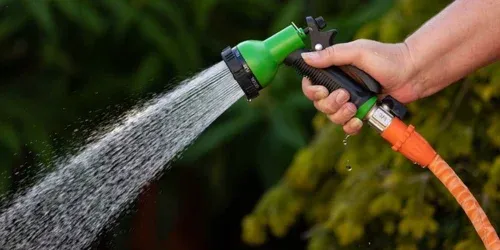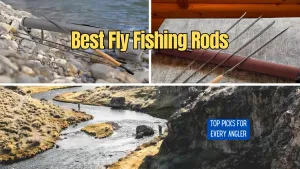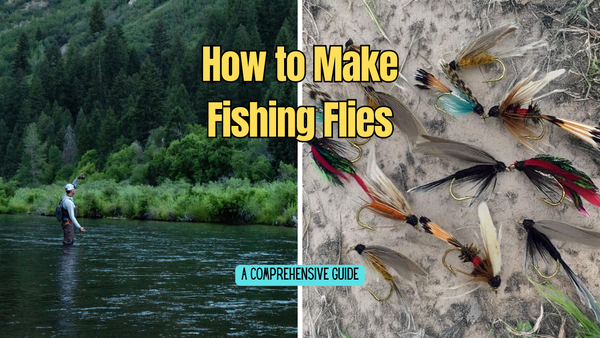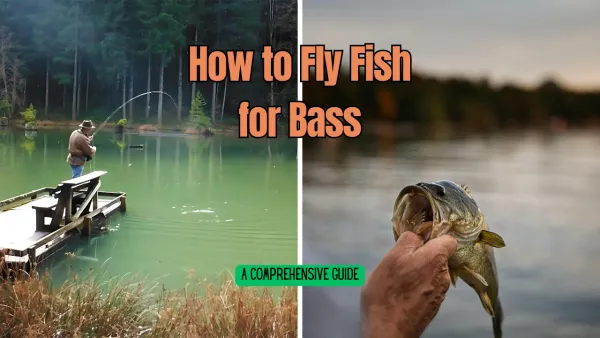When it comes to preparing for a camping trip, one question that often surfaces is whether you should wet a tent before its first use. This practice, known as "seasoning" or "weathering" a tent, is a topic of discussion among camping enthusiasts. In this article, we'll explore the reasons behind this method and provide insights into whether it's necessary for your next outdoor adventure.
Key Takeaways:
- Understand the concept of seasoning a tent and its potential benefits.
- Learn about the different types of tents and which might require wetting before use.
- Gain practical tips on how to properly wet and prepare your tent for its first outing.

The Concept of Seasoning a Tent
Seasoning a tent involves thoroughly wetting it and allowing it to dry completely before its first use. This process is believed to help tighten the stitching and seams, making the tent more waterproof. It's a practice that's been around for years, particularly with canvas tents, which are known for their durability and resistance to the elements.

Does Every Tent Need Seasoning?
Not all tents are created equal, and the need to season a tent largely depends on the material and design. For instance, a canvas tent may benefit from this process, as the natural fibers can swell and fill in the needle holes from the stitching. On the other hand, modern synthetic tents, such as a dome tent or a cabin tent, often come with factory-sealed seams and may not require this step.
The Case for Canvas Tents
Canvas tents are renowned for their robustness and ability to withstand harsh conditions. If you've invested in a canvas tent, wetting it before its first use can be a wise move. The water causes the canvas fibers to expand, closing up the tiny holes made during manufacturing, which enhances the tent's water resistance.
Synthetic Tents: A Different Story
When it comes to synthetic tents, such as a three-season tent or a four-season tent, the manufacturing process usually includes sealing the seams to prevent water ingress. These tents are often made from materials that don't absorb water in the same way canvas does, which means they might not need to be seasoned in the traditional sense.
How to Wet Your Tent Properly
If you decide to season your tent, it's important to do it correctly. Set up the tent in a space where it can be fully expanded and evenly exposed to water. Use a hose to gently wet the tent, paying special attention to the seams. Avoid using high pressure, as this could damage the material.
Letting Nature Take Its Course
After wetting the tent, leave it to dry naturally. This is a crucial part of the seasoning process, as it allows the fibers or seams to settle into their waterproof state. It's best to do this on a warm, breezy day where the tent can dry evenly without any intervention.
Practical Examples from Campers
Many experienced campers swear by the practice of wetting a canvas tent before its first use. Online forums and camping communities often share stories of how this method has helped maintain the tent's integrity over years of use. However, for synthetic tents, the anecdotes are less consistent, with many campers finding no need to season their modern tents.

The Verdict on Seasoning
Ultimately, whether you should wet a tent before first use depends on the type of tent you have. Canvas tent owners might find it beneficial, while those with synthetic tents could potentially skip this step. Always refer to the manufacturer's recommendations before deciding on the best approach for your tent.

Summary
Wetting a tent before its first use is a practice that may be beneficial for canvas tents, as it can enhance their waterproof capabilities. For synthetic tents, such as dome tents, cabin tents, three season tents, and four season tents, this step is often unnecessary due to the advanced materials and construction methods used. If you choose to season your tent, ensure you do it properly and allow it to dry completely before heading out on your camping adventure.

FAQs
Can wetting a synthetic tent damage it?
Generally, wetting a synthetic tent should not damage it, as long as you avoid using high-pressure water and allow it to dry thoroughly. However, since most synthetic tents are designed to be waterproof without seasoning, it's usually not required.
How often should I wet my canvas tent?
Seasoning a canvas tent is typically only necessary before its first use. After that, the tent should maintain its waterproof qualities without needing to be wetted again, although regular maintenance is still important.
What if my tent gets wet during storage?
If your tent gets wet during storage, it's important to dry it out as soon as possible to prevent mold and mildew. Set it up in a well-ventilated area or outside on a dry day to ensure it's completely dry before storing it again.









